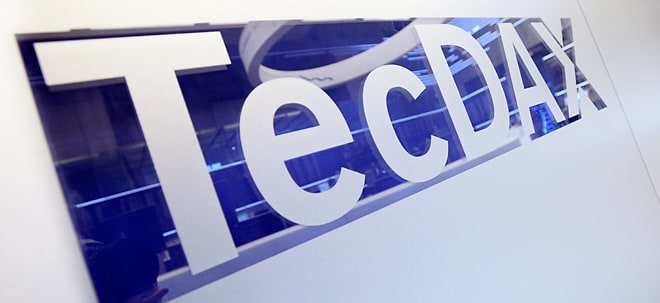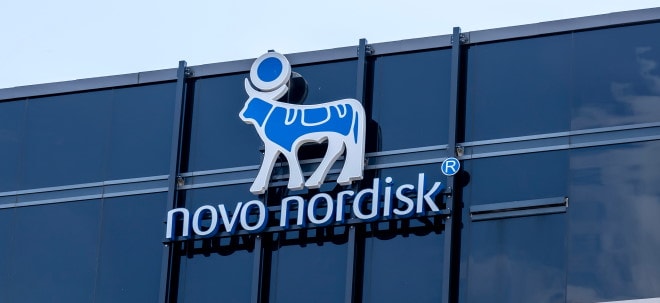Hier eine kommentiere Fassung - Kommentare sind gekennzeichnet mit ">>"
Durch die Kommentierung darf das hier geposted werden - sonst ist es hinter der Paywall. Das ist veilleicht aber auch Zweck der Geschichte....
HEARD ON THE STREET
Why This Fintech Star
Can’t Shake Off Short Sellers
German payments company Wirecard has grown
spectacularly and some expect an equally spectacular
fall. The fintech star’s best defense is to explain its rise
much more clearly.
By Paul J. Davies
German payments company Wirecard has grown
spectacularly and some expect an equally spectacular
fall. The fintech star’s best defense is to explain its rise
much more clearly.
Wirecard, which last year overtook the market value of
Germany’s two largest listed banks, shouldn’t be that
complicated. It is meant to be a scalable, technologydriven
company that processes transactions for
retailers and offers some risk-management services.
But a history crowded with acquisitions has made its
accounts complex and hard to follow, attracting short
sellers.
>> Hmmm, "Accusations makes accounts hard to follow", das ist ja interessant.
The stock has lost 30% since late January, when
Wirecard admitted a law firm was investigating
accusations of accounting misconduct in Asia. It
denied wrongdoing and promised to release the
findings. Even after the fall, its shares trade on 25
times prospective earnings, ahead of many peers.
times prospective earnings, ahead of many peers.
>> Das ist bestimmt nichts Neues
What is clear from a thorough analysis of its results is
that Wirecard has racked up huge debts in its
expansion drive. Since 2015, it has also been taking
greater, largely unexplained risks by lending money to
retailers and fintech platforms. This mix of
acquisitions, financing and lending casts doubt on the
sustainability of its revenue growth and the strength of
its cash flows.
>> Wie "Lending money to retailers" mit "revenue growth" in Zusammenhang stehen soll erscheint mir unklar.
It is possible to find the scale of Wirecard’s lending
within its financial statements, with help from the
company. But there is no disclosure on the riskiness of
the loans, or more important how they contribute
revenue from interest income, related fees, or from
tying clients into other services.
>> Nota bene: "risky lending" is aber keine Bilanzfälschung....
The company has for
years been aggressive in defending itself against short
sellers and journalists, but questions keep coming. In
November, Bank of America analysts found Wirecard
had much lower market share than expected in
Germany, which gave them concerns about its revenue
sources. Its lack of disclosure has also kept it out of
mainstream payments industry rankings, such as the
Nilson Report.
>> OK das ist vielleicht ein Punkt, aber ob "ranking exclusion" auf fehlende Transparenz oder auf fehlende Zahlungsbereitschaft zurück geht ist mir unklar.
For years, Wirecard’s revenue has outpaced industry
growth rates, hitting €1.4 billion in the first nine
months of 2018. It has expanded more than 30% a year
since 2012.
But its debt has grown faster, hitting €1.3 billion at the
end of September, up from less than €100 million in
2012. That has funded spending on takeovers,
customer relationships, software development and
other things. Total investment spending has been
similar to revenue growth in each of the past five full
years through 2017.
Now it is cranking up lending, too. Its latest focus is
advancing funds to merchant retailers, which began in
2017. This generates interest income, but also fees and
relationship charges that aren’t clear.
Since 2015, it has ramped up lending to fintech clients
and to borrowers on peer-to-peer platforms. Among
them is U.K.-listed Funding Circle, which guarantees
Wirecard a 5-6% return but keeps income above that
threshold. Total fintech lending, across several
unidentified platforms, has grown to €260 million,
from less than €40 million in 2013. Again, there is no
disclosure on exactly how this adds to revenue—or
risk.
Nature abhors a vacuum, and Wirecard’s skeptics
thrive on a lack of financial disclosure. The company
needs to open itself up to much more scrutiny to show
its growth is sustainable and justify its still-high
valuation.
>> Die Stimmung wird gemacht... |


 Thread abonnieren
Thread abonnieren

